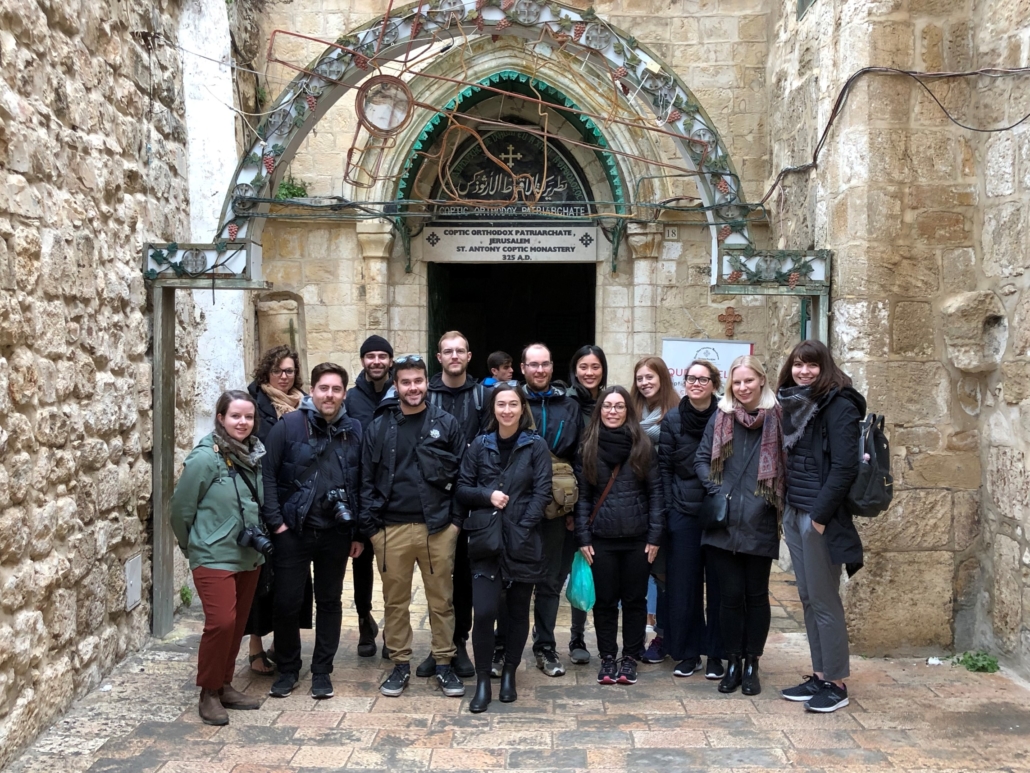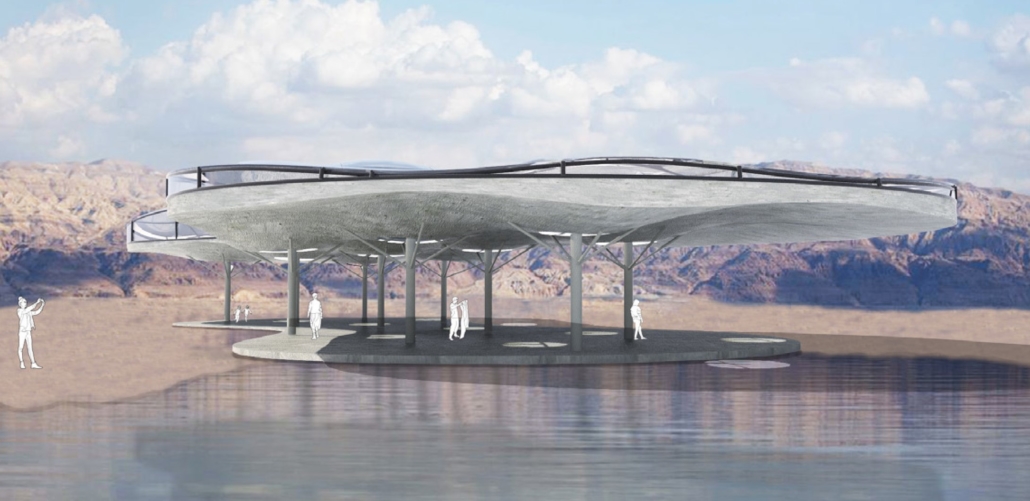“Architecture helps the man-made fit in harmony with the environment while creating a legacy that reflects and symbolizes culture and traditions.”
-Vitruvius

In 2016, a joint project was announced tying together four leading architecture schools. The Azrieli Global Studio was intended as an exchange platform to help students and professors foster cultural relations between Canada and Israel in the field of architecture.

Fifteen students each from Carleton University, McGill University, Technion Institute of Technology, and Tel Aviv University (TAU) participate in a graduate studio that focuses on various themes including climate change, sustainable architecture and urban planning. The six-week program includes design exercises and a field course, with the studios’ two sites residing in the Canadian North and Israel’s Negev Desert.
Students are put into an unfamiliar environment, with Canadian students travelling to the desert and Israeli students working in the Canadian far north. They then examine climate change through the lens of the local regions’ socio-political realities, and are required to design buildings which allow cultural continuity.
The program takes place during the brief overlap of the academic calendars of the Israeli and Canadian schools in the spring. It is the most popular graduate studio at both Carleton and McGill, due to the personal and professional enrichment experiences.
Director of Architecture at Carleton University, Professor Jill Stoner, is grateful for the opportunities that the Studio offers students.
“The Foundation […] made it possible for 60 students from two countries to travel beyond the familiar, to test responses to extreme landscapes through their own shared language, which is architecture,” Prof. Stoner says.

The 2017 Global Studio focused on responsible tourism, ensuring it could be both sustainable and universally accessible. The students’ ideas used geo-tourism to encourage tourists to see specific cultural sites, while protecting the sites through preservation tactics.
In 2018, the Global Studio sought to promote understanding between Canadians and Israelis through the lens of architectural themes in the age of climate change, resource scarcity and technological progress, building from the social and cultural interactions that came from the collaborations of the Studio the year prior.
In early 2019 Canadian students spent 4 days in Tel Aviv and Jerusalem before moving on to study the Mitzpe Ramon Crater, Masada, and the Dead Sea. The three major thematic considerations were geo-tourism, territory, and ecology.
In April 2019, TAU and Technion students came to Montreal before heading to Schefferville, Quebec for 10 days. The group was supposed to go to Nunavut, but were derailed due to poor weather. Luckily, they were able to return to Schefferville, which was the Canadian site of the 2018 Global Studio.
City officials and Indigenous elders were moved that the group felt they had more to offer the community and chose to return and build off the work their peers had begun the year before.

Leaders in Architectural Studies
The David Azrieli School of Architecture at Tel Aviv University offers its students a broad cultural view of the study of architecture, while encouraging independent thinking.
McGill University first started accepting architecture students in 1896. Today, students are able to choose between architecture and urban planning, both of which are housed in the engineering faculty.
Carleton University’s architecture program was inaugurated in 1968 with 12 students and four faculty members. The Architecture Building was built in the style of Brutalism, in order to foster creative thinking and for students to analyze their surroundings as they work.
Technion – Israel Institute of Technology first started offering architecture studies in 1924, and it is considered the oldest architecture curriculum in Israel.
The Azrieli Global Studio brings together these leading architecture schools and graduate students in order to advance research collaborations between Israel and Canada.













